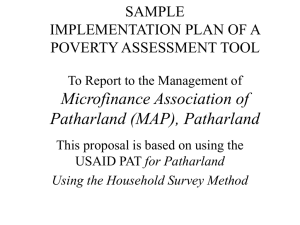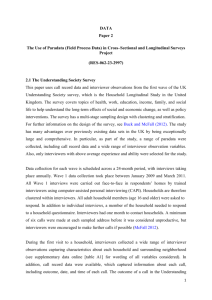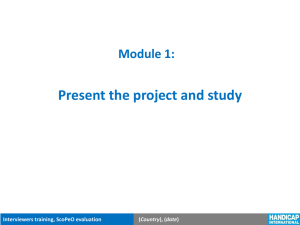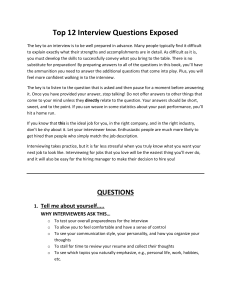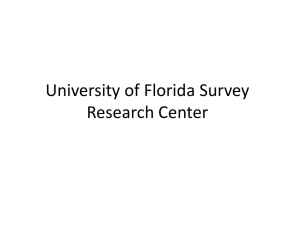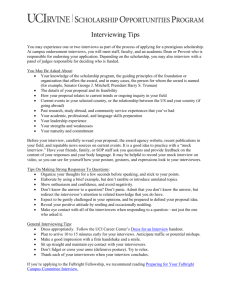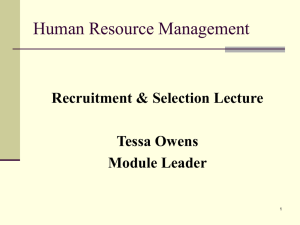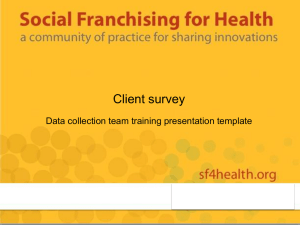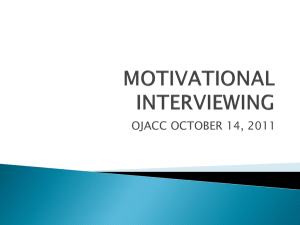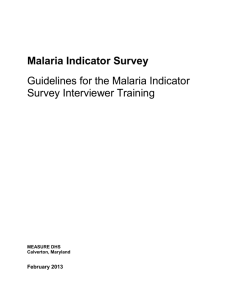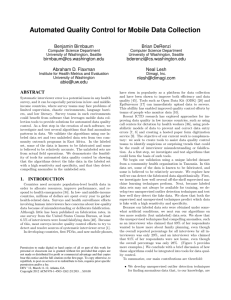Methodological Obstacles
advertisement
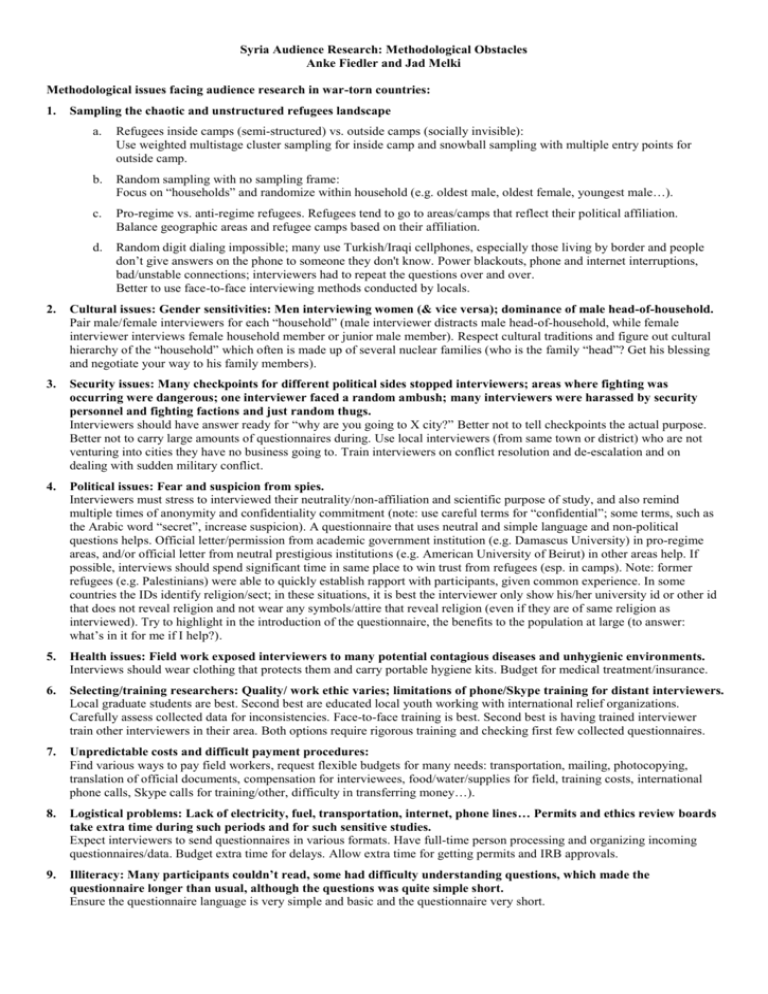
Syria Audience Research: Methodological Obstacles Anke Fiedler and Jad Melki Methodological issues facing audience research in war-torn countries: 1. Sampling the chaotic and unstructured refugees landscape a. Refugees inside camps (semi-structured) vs. outside camps (socially invisible): Use weighted multistage cluster sampling for inside camp and snowball sampling with multiple entry points for outside camp. b. Random sampling with no sampling frame: Focus on “households” and randomize within household (e.g. oldest male, oldest female, youngest male…). c. Pro-regime vs. anti-regime refugees. Refugees tend to go to areas/camps that reflect their political affiliation. Balance geographic areas and refugee camps based on their affiliation. d. Random digit dialing impossible; many use Turkish/Iraqi cellphones, especially those living by border and people don’t give answers on the phone to someone they don't know. Power blackouts, phone and internet interruptions, bad/unstable connections; interviewers had to repeat the questions over and over. Better to use face-to-face interviewing methods conducted by locals. 2. Cultural issues: Gender sensitivities: Men interviewing women (& vice versa); dominance of male head-of-household. Pair male/female interviewers for each “household” (male interviewer distracts male head-of-household, while female interviewer interviews female household member or junior male member). Respect cultural traditions and figure out cultural hierarchy of the “household” which often is made up of several nuclear families (who is the family “head”? Get his blessing and negotiate your way to his family members). 3. Security issues: Many checkpoints for different political sides stopped interviewers; areas where fighting was occurring were dangerous; one interviewer faced a random ambush; many interviewers were harassed by security personnel and fighting factions and just random thugs. Interviewers should have answer ready for “why are you going to X city?” Better not to tell checkpoints the actual purpose. Better not to carry large amounts of questionnaires during. Use local interviewers (from same town or district) who are not venturing into cities they have no business going to. Train interviewers on conflict resolution and de-escalation and on dealing with sudden military conflict. 4. Political issues: Fear and suspicion from spies. Interviewers must stress to interviewed their neutrality/non-affiliation and scientific purpose of study, and also remind multiple times of anonymity and confidentiality commitment (note: use careful terms for “confidential”; some terms, such as the Arabic word “secret”, increase suspicion). A questionnaire that uses neutral and simple language and non-political questions helps. Official letter/permission from academic government institution (e.g. Damascus University) in pro-regime areas, and/or official letter from neutral prestigious institutions (e.g. American University of Beirut) in other areas help. If possible, interviews should spend significant time in same place to win trust from refugees (esp. in camps). Note: former refugees (e.g. Palestinians) were able to quickly establish rapport with participants, given common experience. In some countries the IDs identify religion/sect; in these situations, it is best the interviewer only show his/her university id or other id that does not reveal religion and not wear any symbols/attire that reveal religion (even if they are of same religion as interviewed). Try to highlight in the introduction of the questionnaire, the benefits to the population at large (to answer: what’s in it for me if I help?). 5. Health issues: Field work exposed interviewers to many potential contagious diseases and unhygienic environments. Interviews should wear clothing that protects them and carry portable hygiene kits. Budget for medical treatment/insurance. 6. Selecting/training researchers: Quality/ work ethic varies; limitations of phone/Skype training for distant interviewers. Local graduate students are best. Second best are educated local youth working with international relief organizations. Carefully assess collected data for inconsistencies. Face-to-face training is best. Second best is having trained interviewer train other interviewers in their area. Both options require rigorous training and checking first few collected questionnaires. 7. Unpredictable costs and difficult payment procedures: Find various ways to pay field workers, request flexible budgets for many needs: transportation, mailing, photocopying, translation of official documents, compensation for interviewees, food/water/supplies for field, training costs, international phone calls, Skype calls for training/other, difficulty in transferring money…). 8. Logistical problems: Lack of electricity, fuel, transportation, internet, phone lines… Permits and ethics review boards take extra time during such periods and for such sensitive studies. Expect interviewers to send questionnaires in various formats. Have full-time person processing and organizing incoming questionnaires/data. Budget extra time for delays. Allow extra time for getting permits and IRB approvals. 9. Illiteracy: Many participants couldn’t read, some had difficulty understanding questions, which made the questionnaire longer than usual, although the questions was quite simple short. Ensure the questionnaire language is very simple and basic and the questionnaire very short.
